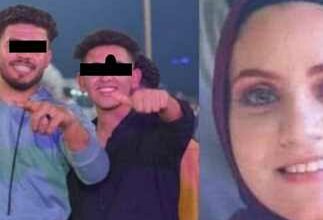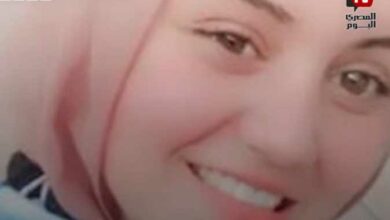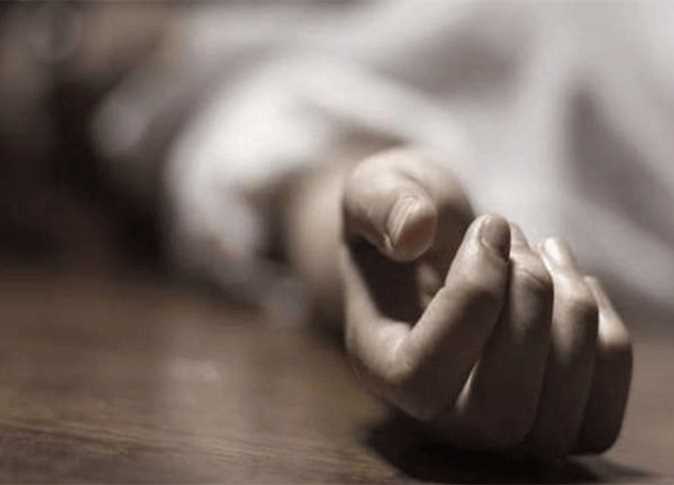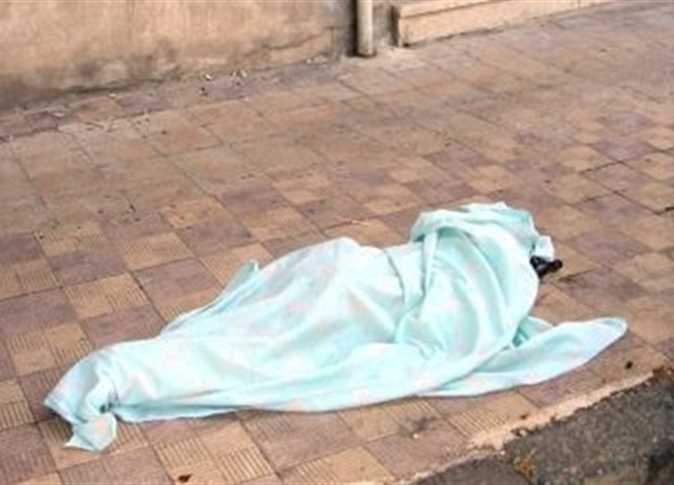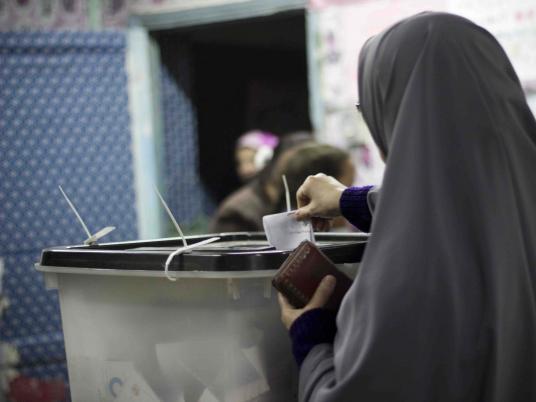
MAHALLA — As the initial results of the first round of referendum voting rolled in, it became obvious how the residents of Gharbiya felt about the draft constitution.
A total of 52.1 percent in the governorate voted “no,” the largest percentage to reject the referendum after Cairo’s 57 percent. The results mirror the governorate’s opposition stance over the past month.
Just a week before, protesters in Mahalla, the largest city in Gharbiya, had declared independence, in a symbolic denunciation to President Mohamed Morsy’s immunized decisions and the snap referendum.
In the referendum, 47.9 percent voted “yes.” Indicative of previous sentiment towards Morsy, the same governorate chose Ahmed Shafiq in the first round of the presidential election as well as the runoff.
On Saturday, long queues of men and women could be seen outside polling stations in Mahalla, but after 7 pm the lines became significantly shorter. Voting in the referendum proceeded relatively smoothly, with few violations reported.
According to media reports, three schools in Mahalla had shut their gates to voters before the closing time, which was extended from 7 pm to 9 pm, then to 11 pm.
A total of 10 governorates voted in the first round Saturday, including Cairo, Alexandria, Daqahlia, Gharbiya, Sharqiya, Assiut, Sohag, Aswan, North Sinai and South Sinai. The second round is schedule for 22 December.
This is the eighth time Egyptians headed to the ballot boxes since the 25 January revolution, with the March 2011 referendum on the Constitutional Declaration, then two rounds of People’s Assembly elections, two in the Shura Council and two in the presidential election.
Maghawri Amin, a referendum monitor from the Egyptian Organization for Human Rights, says, “People here realize that today’s vote is a very important vote that will affect their futures for years.”
It is not known how many prosecutors and lawyers in Mahalla were filling in for striking judges, many of whom refused to oversee the referendum. Some polling stations were reportedly overseen by prosecutors. The dearth of judges apparently resulted in slow-moving queues and overcrowding at polling stations, though initially many thought this was a result of a high turnout.
According to initial results, overall turnout was a little more than 30 percent, meaning that participation has dropped in comparison to presidential and parliamentary elections.
Waiting for his wife to cast her ballot at the Moalemeen Experimental School polling station, Mahmoud Marwan, says, “I haven’t witnessed any irregularities or violations today, but the schools were overcrowded.”
“Thousands had to wait for hours on end just to vote, plus the elderly and senior citizens were given priority, and this led to a serious slowdown of the process,” he adds.
Known as the “Industrial Citadel of the Nile Delta,” Mahalla has been a hotbed of dissent for years. A localized uprising against Hosni Mubarak and his regime took place on 6 and 7 April 2008. This uprising is largely seen as being a prelude to the 25 January uprising.
The “Independent Republic of Greater Mahalla” was declared by thousands of angry locals on 7 December, in opposition to Morsy’s constitutional declaration, through which he immunized his decisions from judicial oversight, including a sudden decree to hold a rushed referendum, and following bloody clashes in the city’s center on 27 November between the president’s supporters and opponents.
By referendum day, the “no” vote campaigners had covered Mahalla’s streets with posters against the draft constitution. “No to the Muslim Brotherhood’s constitution” was spray-painted on the gates and walls of nearly every school being used as a polling station.
Other graffiti messages included a circle like the ones on the ballots, checked with the word “I don’t agree” beneath it. Also seen were, “No to the terrorists’ constitution” and “illegitimate constitution” along with “Mahalla is the graveyard of sheep,” a derogatory reference to Brotherhood members who are criticized for blindly following their leaders’ orders.
Numerous street posters plastered on walls read: “Vote ‘no’ in the referendum: This constitution will set Egypt backwards. It promotes sectarianism amongt Egyptians.”
A few posters were put up by the opposing camp supporting the constitution: “Vote ‘yes’ to the constitution: For an Islamic identity, for Egyptian values. Security, stability, development.”
Media outlets reported that clashes took place earlier in the day outside the Zakhrafiya School polling station between “yes” and “no” voters. However, upon visiting the school in the evening, referendum monitors and security forces denied any fights had taken place.
Sitting on a bench outside the station, Amin says, “I’ve been here since the polling station opened in the morning, and I can verify that no fights took place inside or outside this school today.”

